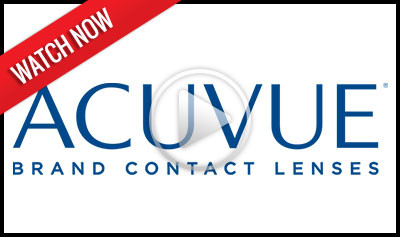*Not all accepted plans are listed, and patients should be advised to call the office to make sure we are in-network with their specific plan.
Medical Versus Vision Insurance
We often have patients that have both vision and medical insurance. They are very different in terms of the services covered, and it is important for our patients to understand those differences. Vision coverage is mainly designed to determine a prescription for glasses, help pay for eyeglasses or contacts, and to evaluate eye health. Vision coverage is not designed or equipped to deal with medical conditions, diagnoses, or treatment plans.
When a medical diagnosis or condition is present (such as high blood pressure, diabetes, or an eye disease such as infections, dry eyes, allergy and cataracts, to name just a few) it is necessary to file the claim for your visit with you major medical carrier and the co-pays and/or deductibles will apply as well as any non-covered service. Vision insurance does not cover medical eye problems, just as medical insurance does not cover routine vision problems. Our office does not make these rules; the insurance carriers define them.
We may not know prior to the examination which type of insurance will apply or with whom our office will be able to file a claim for you. We make every effort to be a provider on every major carrier for your convenience, and we will file those claims for you when there is a medical problem. In the event we do not take your medical or vision insurance, we will provide you with an itemized receipt so that you may file a claim with your insurance carrier for reimbursement.
If you have any questions, please let us know.
For information on a Good Faith Estimate, click here.













